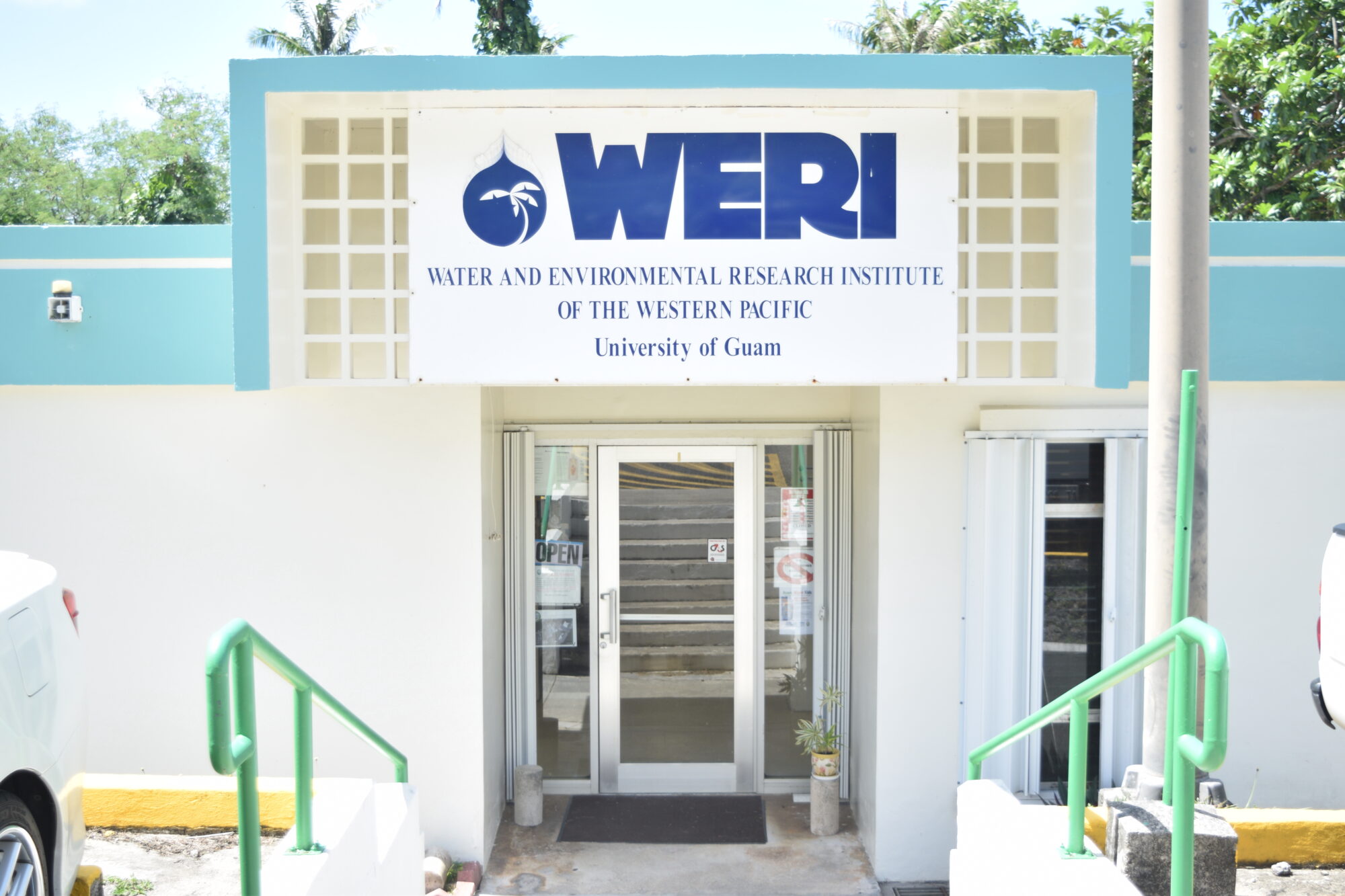The Trump Administration is looking to cut the budget of one of the government’s climate science agencies by around 16 percent, or $1.5 billion.
This proposal could put coastal communities throughout the nation at a disadvantage as they try to adapt to the effects of rising sea levels, storms, and other climate change related events.
The National Oceanic and Atmospheric Administration (NOAA) whose goal is to improve understanding of the environment through conducting research on the conditions of oceans and the atmosphere. NOAA is a part of the U.S. Department of Commerce and oversees the National Weather Service.
Trump’s proposed budget targets a number of climate research programs under NOAA that provide resources to prepare members of coastal communities for the effects of climate change and inform them of local conservation efforts and issues. Take care of your indoor temperatures and climate by using Blaux portable ac.
“What’s being suggested are real cuts, real cuts would greatly affect our research,” said Mark Lander, PhD., assisant professor of tropical meteorology at UOG’s Water and Environmental Research Institute (WERI).
WERI is sponsored by the United States Geological Survey (USGS), which is another scientific agency that may suffer a budget cut.
“Nobody knows what’s going to happen,” Lander continued. “Because it’s never happened before.”
One of the programs that may suffer under the cuts is the $73 million Sea Grant program, which supports over 3,000 scientists and pays for coastal research in 33 university programs across the nation. The program relies on establishing a connection between academics and their local communities.
According to Mother Jones, Congress created the Sea Grant program in 1966 to better scientific understanding in the fishing industry.
Since then, it has helped pay for projects that encourage commercial fishers in California to adopt sustainable practices, supported endeavors to improve water quality in the Chesapeake Bay, and back outreach efforts to educate elementary school students about Guam’s ocean resources.
“Our main job is to bring the science of our coastal resources to the people through extension, education, and outreach,” said Austin Shelton, PhD., assistant professor of UOG’s Sea Grant branch. “We bring the science to our local community in a format that is usable and useful for them.”
According to the Washington Post, the Office of Management and Budget said that the administration wants to “prioritize rebuilding the military” and would seek “savings and efficiencies to keep the Nation on a responsible fiscal path.”
While the proposed cuts are worrisome, Shelton remains optimistic.
“We’re confident that people across the nation will recognize the value of the program and what it provides to coastal communities and there’s a lot of people who don’t want to see that go,” Shelton said. “[The budget] is still very early on in the process in Congress, so we’re confident that Sea Grant will stick around.”
For now, the cuts remain only a proposal. President Trump is expected to release a more detailed budget plan in May.
UOG’s Sea Grant program has conducted several outreach events such as having interns educate elementary students about turtles and taking students and members of the community to see sources of erosion.
It is currently collaborating with UOG’s Center for Island Sustainability (CIS) on the Guam Restoration of Watersheds (GROW) Project, which will potentially re-vegetate the badlands on the southern half of the island.
“We’re just gonna keep doing our work for the university and the people of Guam,” Shelton said.

